(L427) Functional Communication Probes for Young School-Aged Children
$15.00 including GST
Standardised test results don’t tell us how a child functions in the real world or how communication problems may affect his or her quality of life and participation.
We developed this functional communications probe in-house to help us to get a better idea of young school-aged students’ oral language abilities across a range of tasks, including answering questions, requesting, protesting, following instructions, describing objects, explaining cause-effect relationships, outlining procedures, predicting consequences, having conversations, story-telling, personal recounts, problem solving and choice-making.
While not designed for diagnostic purposes, these probes help us to look at a student’s language use across a range of tasks that emulate the types of activities young school-aged children engage in at home, school and in the community.
In practice, we’ve also found this tool helps us to support families to identify goals that matter most for them and their child; and to see progress.
Description
Standardised, norm-referenced tests have their uses. But they also have several important limitations.
Standardised testing alone does not provide reliable results for lots of young school-aged children, including many neuro-divergent students, students with hearing difficulties, students with mental health challenges, students learning English as an additional language, and many other students who simply do not engage with standardised testing.
Standardised testing in isolation can leave clinicians without a good understanding of a student’s real world strengths and abilities.
We developed this functional communications probe in-house to help us to get a better idea of young school-aged students’ oral language abilities across a range of tasks, including
-
- answering questions,
- requesting,
- protesting,
- following instructions,
- describing objects,
- explaining cause-effect relationships,
- outlining procedures,
- predicting consequences,
- having conversations,
- story-telling,
- personal recounts,
- problem solving; and
- choice-making.
While not designed for diagnostic purposes, these probes help us to look at a student’s language use across a range of tasks that emulate the types of activities young school-aged children engage in at home, school and in the community; and to obtain voice, speech and expressive language samples efficiently at the discourse level.
In practice, we’ve also found this tool helps us to support families to identify goals that matter most for them and their child; and to see progress.

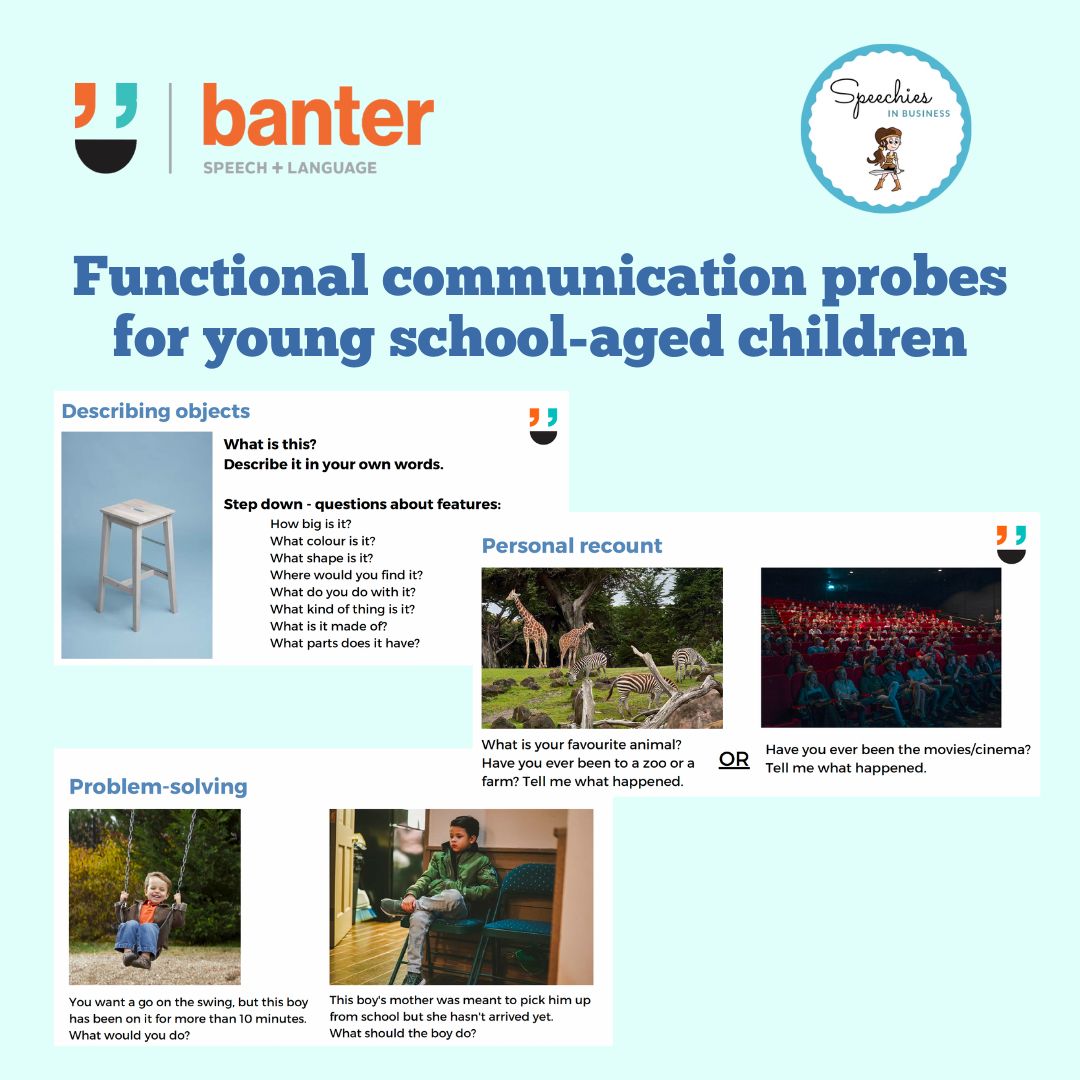

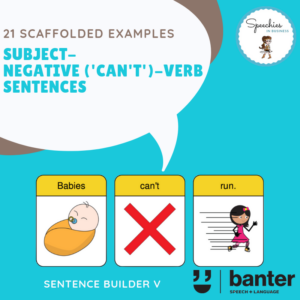
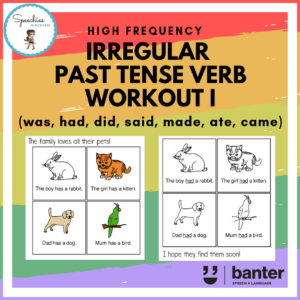
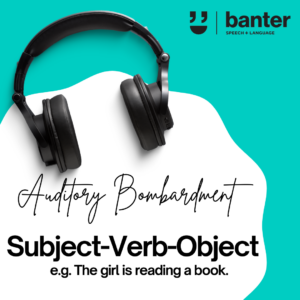
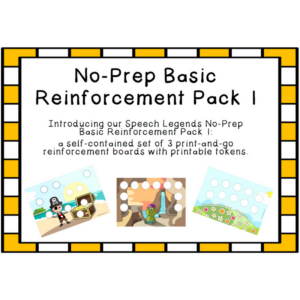
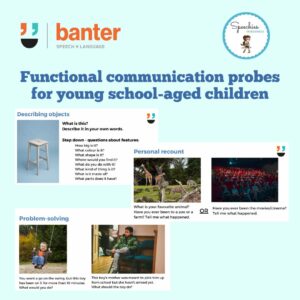
Reviews
There are no reviews yet.